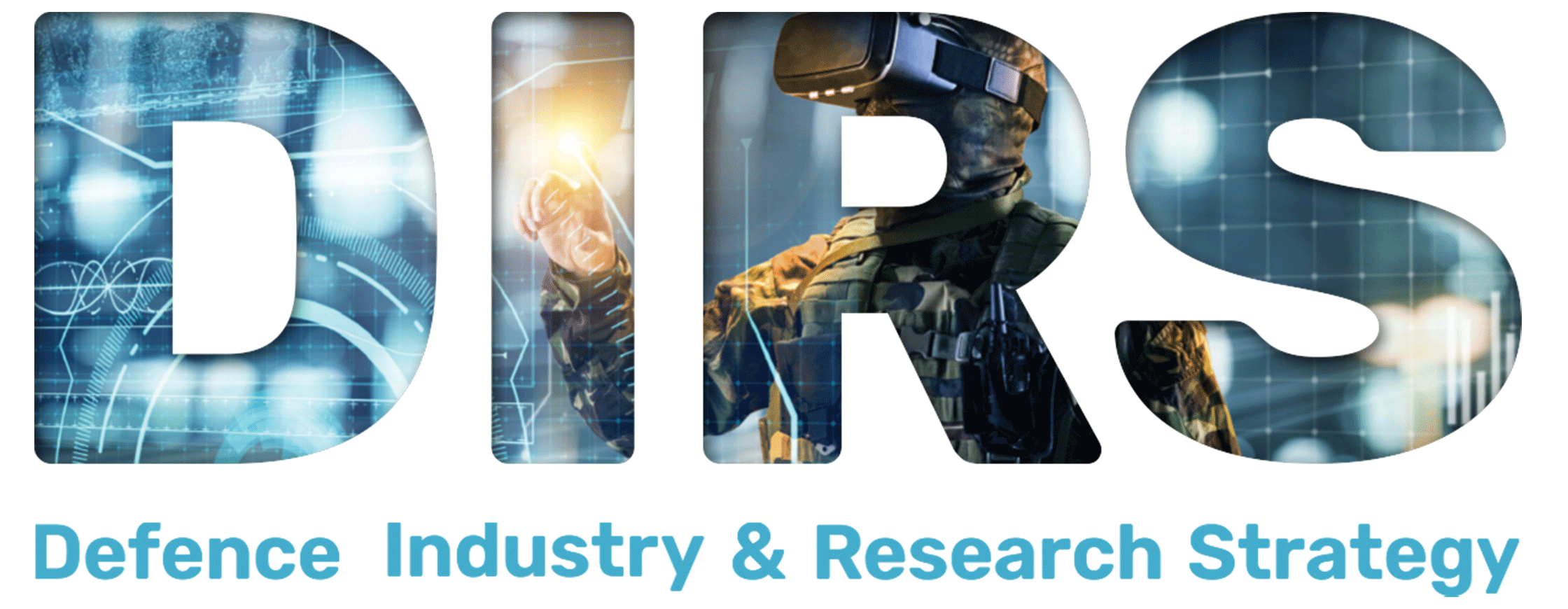What is the NATO SPS programme?
The SPS Programme promotes dialogue and practical cooperation between NATO member states and partner countries.
It links the scientific community to NATO through civil science cooperation that addresses emerging security challenges, vulnerabilities and threats.
The grant mechanism provides funding for multi-year projects and events. Supported events include advanced research workshops, advanced study institutes and advanced training courses.
- Multi-year projects (MYP): projects that enable scientists from NATO and partner nations to collaborate on applied R&D and capacity building projects resulting in new civil science advancements with practical application in the security and defence fields.
- Advanced research workshops: a platform for experts and scientists from different countries to share their experience and knowledge on security-related topics.
- Advanced study institutes: high-level tutorial courses conveying the latest developments in topics of relevance to NATO and the SPS key priorities.
- Advanced training courses: modular courses designed to enable specialists in NATO countries to share their security-related expertise in one of the SPS key priority areas.
Who can apply?
Networks of scientists, experts and government officials from NATO members and partner countries.
To be eligible for SPS support, any application must be developed jointly by project directors from at least one NATO member country and one partner country. Applications must also directly address at least one of the SPS key priorities and have a clear link to security.
How to apply?
Via de NATO SPS grant platform: Science for Peace and Security (grantplatform.com).
Proposals can be submitted in response to calls for proposals advertised on the SPS website.
The programme may publish calls in two formats:
- Open calls encourage applications addressing any of the SPS key priorities.
- Special calls invite applications addressing specific priorities and themes of particular relevance at the time of publication of the call.
Practically:
- Check the SPS website to learn how to develop and manage SPS activities.
- Subscribe to the SPS newsletter to stay informed about the launch of new calls for proposals.
- Develop your idea with your peers making sure that it meets the SPS Programme’s requirements.
- Draft and submit your proposal via the SPS grants platform once a call for proposals is online.
Selection process
Refer to the SPS calls for proposals and related documents for more detailed information on eligibility and selection process: link.
Each application received by the SPS Programme undergoes a comprehensive, multi-phase evaluation and peer review process that takes into account expert, scientific and political guidance. This process ensures that all SPS applications approved for funding are thoroughly evaluated for their scientific merit and security impact by NATO experts, independent scientists and NATO member countries.
It may take up to nine months for an activity to be approved.
Terms & conditions
- Multi-year projects (MYP): typically EUR 250,000-400,000 over the entire duration of the project.
- Advanced research workshops: EUR 30,000-40,000. The SPS grant is intended to cover direct organisational expenses of the ARW, the travel and living expenses of key speakers, as well as the attendance of non-speakers from NATO member countries and partner nations unable to obtain support from other sources.
- Advanced study institutes: on average EUR 60,000. The SPS grant pays for direct organisational costs, travel and living expenses for up to 15 lecturers and for the attendance of students from countries eligible to receive NATO SPS funding.
- Advanced training courses: on average EUR 60,000. The SPS grant covers direct organisational costs, travel and living expenses of all specialists and attendance costs of trainees from countries eligible to receive NATO funding.
